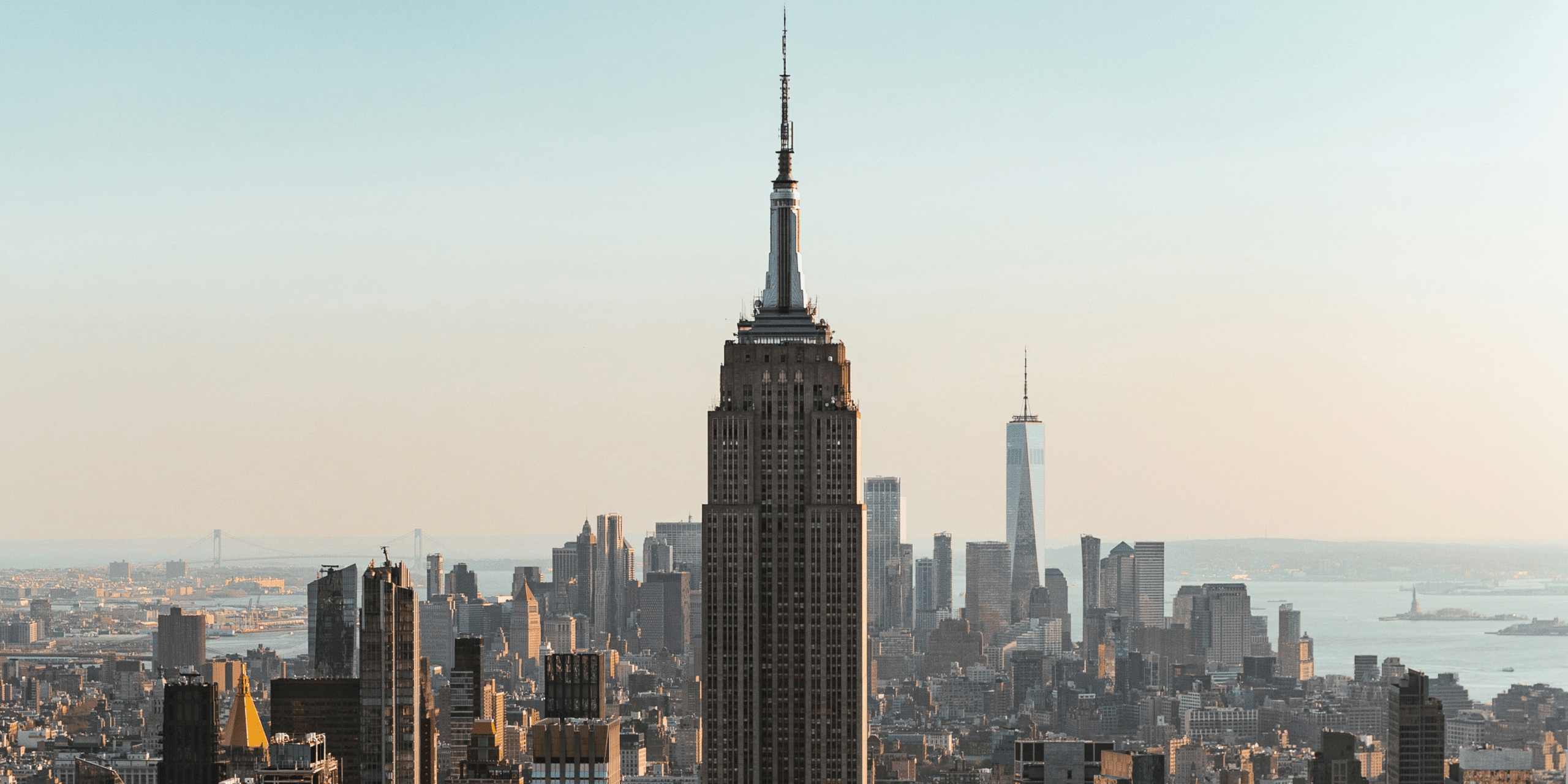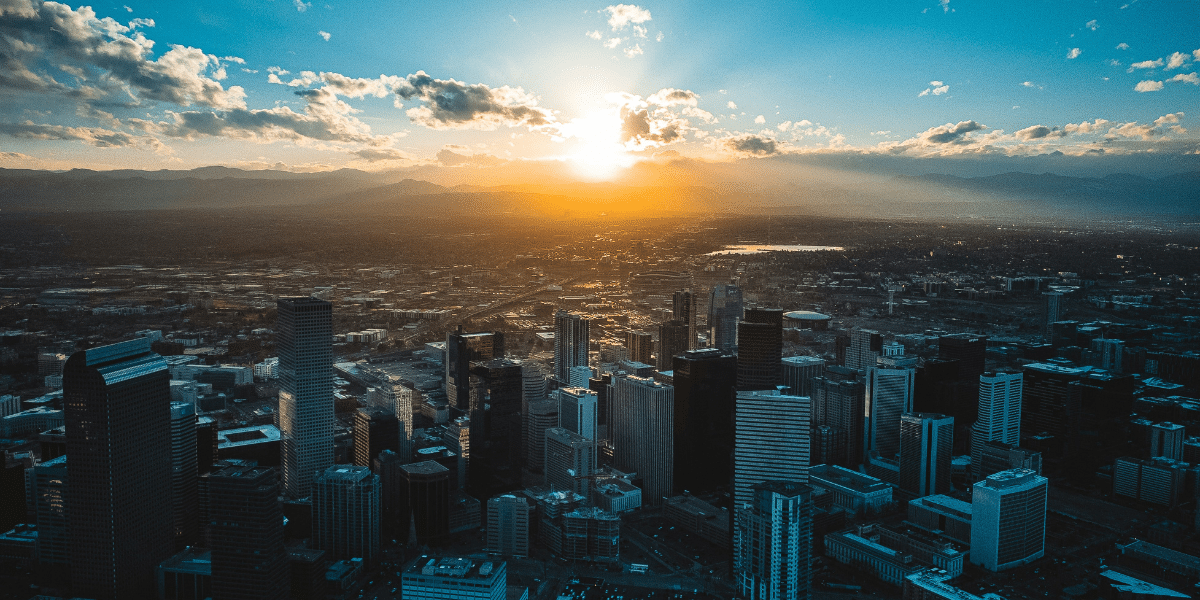A Guide to Colorado’s Most Scenic Campgrounds
Colorado’s diverse landscapes, from its majestic mountain ranges to its peaceful lakes and high deserts, offer a wide variety of camping opportunities. Whether you seek a tranquil retreat or an adventurous outdoor experience, the state’s campgrounds provide a range of options to suit different preferences. Camping in Colorado allows individuals to connect with nature, offering scenic views, recreational activities, and a sense of peace that is hard to replicate. However, knowing which campgrounds align with specific preferences and needs is key to having an enjoyable experience.
Read also Survival Tips for Extreme Environments: Hot, Cold, Wet, and Dry
Mountain Campgrounds: Camping Among Colorado’s Peaks
Colorado’s mountains are known for their striking beauty and challenging terrain. Many of the state’s campgrounds are situated at higher elevations, offering cooler temperatures and the chance to explore forested areas, alpine lakes, and rugged peaks.
Moraine Park Campground – Rocky Mountain National Park
Moraine Park Campground, located in Rocky Mountain National Park, provides a picturesque setting near meadows and forested areas. The campground sits at an elevation of 8,160 feet, offering visitors access to one of the most scenic national parks in the country. The nearby Moraine Park area features expansive views of the surrounding mountain ranges and provides opportunities for wildlife viewing, including elk and mule deer. The campground is also close to several hiking trails, such as the Bear Lake Loop and the Glacier Gorge Trail, making it an ideal destination for those who enjoy outdoor activities.
The proximity to these trails and natural features makes Moraine Park Campground an attractive spot for those interested in immersing themselves in Colorado’s high-altitude landscapes. Visitors can spend the day hiking or simply relax and take in the stunning surroundings. While the area can attract crowds during peak seasons, the natural beauty and wildlife viewing opportunities make it a noteworthy destination.
Guanella Pass Campground – Pike National Forest
Located just below Guanella Pass, this campground offers stunning views of Mount Bierstadt and surrounding mountain peaks. Situated in Pike National Forest, the area is known for its wildflower meadows and ample opportunities for hiking and exploration. The campground’s proximity to hiking trails, such as the Bierstadt Trail and the Guanella Pass Scenic Byway, makes it a good base for those looking to enjoy the outdoors in a relatively secluded environment.
Guanella Pass Campground is popular with those looking to experience the serene beauty of Colorado’s mountain landscapes. The area is especially known for its incredible wildflower displays in the summer and its sweeping views of the surrounding mountains, providing a tranquil environment for those wishing to connect with nature.
Lakeside Camping: Enjoying Colorado’s Scenic Waterways
For those who prefer being near water, Colorado offers several campgrounds situated along its lakes, rivers, and reservoirs. These areas offer peaceful environments and opportunities for water-based recreation, such as fishing, kayaking, or simply relaxing by the water.
Cherry Creek State Park Campground – Cherry Creek Reservoir
Located near Denver, Cherry Creek State Park is a popular lakeside campground known for its convenient proximity to the city, while still offering a relaxing escape. Situated along Cherry Creek Reservoir, the campground provides ample opportunities for fishing, boating, and swimming. The area is also home to many hiking and biking trails, which makes it an attractive destination for individuals or families looking for a well-rounded outdoor experience.
Though the park can get crowded due to its accessibility, it offers a balance of recreational activities and natural beauty. Those seeking a blend of urban convenience and outdoor adventure may find Cherry Creek State Park to be a suitable option, with the reservoir offering a peaceful spot to unwind.
Jumbo Reservoir – Logan County
Jumbo Reservoir offers a more tranquil lakeside camping experience, away from the more crowded areas around larger cities. Located in northeastern Colorado, this small, quiet reservoir is ideal for those looking to fish, birdwatch, or enjoy a peaceful retreat. The reservoir is home to several fish species, including walleye and bass, making it a popular destination for anglers.
The area around Jumbo Reservoir is sparsely developed, which adds to its charm for visitors seeking solitude and a more remote camping experience. Birdwatchers will appreciate the variety of waterfowl and other bird species that frequent the area, particularly during migration seasons.
Desert Campgrounds: Colorado’s Unique High Desert Landscapes
While Colorado is often associated with mountains and forests, it also has a number of desert regions that offer unique camping experiences. The state’s high desert landscapes are known for their striking rock formations, vast open spaces, and desert flora.
Colorado National Monument Campground – Western Colorado
The Colorado National Monument offers a desert camping experience with a backdrop of towering rock formations, deep canyons, and wide, expansive views. Located near Grand Junction, the campground is nestled within the monument and offers a more rustic camping experience. Visitors to the park can enjoy hiking trails, such as Monument Canyon Trail and Serpents Trail, both of which offer incredible views of the park’s unique geological formations.
The area is also home to various wildlife, including bighorn sheep and golden eagles, making it an excellent spot for wildlife enthusiasts. For those seeking a more remote camping experience with sweeping desert vistas, Colorado National Monument Campground provides a quiet and scenic retreat.
Great Sand Dunes National Park and Preserve Campground
For a truly unique camping experience, Great Sand Dunes National Park and Preserve offers one of the most remarkable landscapes in Colorado. The park’s vast sand dunes, which rise as high as 750 feet, are set against the backdrop of the Sangre de Cristo Mountains, creating a striking contrast. The campground, located near Medano Creek, offers a peaceful spot to camp near the dunes and explore the surrounding area.
The dunes are a popular area for hiking, sandboarding, and stargazing, as the low light pollution in the area provides an excellent opportunity to observe the night sky. Visitors can also enjoy the seasonal flow of Medano Creek, which adds a refreshing element to the otherwise dry landscape. Whether you’re looking to explore the dunes or simply take in the desert beauty, the Great Sand Dunes provide a distinctive camping experience in Colorado’s high desert region.
Forested Retreats: Tranquil Camping in Colorado’s Wooded Areas
For those seeking a more traditional camping experience, Colorado offers numerous campgrounds situated in lush forests. These areas offer cooler temperatures, shade, and a chance to enjoy the serenity of the woods.
Poudre Canyon Campgrounds – Roosevelt National Forest
The campgrounds in Poudre Canyon, located in Roosevelt National Forest, offer visitors a scenic setting along the Cache la Poudre River. The area is known for its dense forests, river canyons, and abundant wildlife, providing ample opportunities for outdoor activities. Whether visitors are interested in fishing, rafting, hiking, or simply enjoying the peaceful environment, Poudre Canyon offers a variety of options for nature lovers.
The combination of the river, forested surroundings, and mountain views makes Poudre Canyon a popular destination for those looking to escape into nature. Visitors can enjoy the calming sounds of the river, explore numerous trails, and witness a wide array of wildlife.
Rampart Reservoir Campground – Pike National Forest
Located near Colorado Springs, Rampart Reservoir Campground offers a serene lakeside camping experience within the Pike National Forest. Surrounded by dense woods, the campground provides a peaceful environment for hiking, fishing, and enjoying the outdoors. The reservoir is popular for kayaking and offers scenic views of the surrounding mountains and forests.
The area around the reservoir features several hiking trails, including those that lead to panoramic viewpoints of the forested terrain. Rampart Reservoir’s calm waters and the surrounding nature make it an ideal destination for those seeking a quieter, more relaxing camping experience.
Read also: What to Know When Camping Abroad
Choosing the Right Campground for Your Colorado Adventure
When planning a camping trip in Colorado, the best campground will depend on personal preferences, whether it’s lakeside camping, mountain adventures, or desert exploration. Colorado offers a variety of environments, each offering different ways to experience the state’s natural beauty. From high-altitude hikes to desert vistas and tranquil lakes, campers have many choices for immersing themselves in the outdoors.
By considering factors such as activities, amenities, and preferred surroundings, individuals can select the ideal campground for their needs. Colorado’s diverse landscapes and outdoor opportunities make it one of the best states for camping, providing countless ways to explore nature and enjoy the great outdoors.











